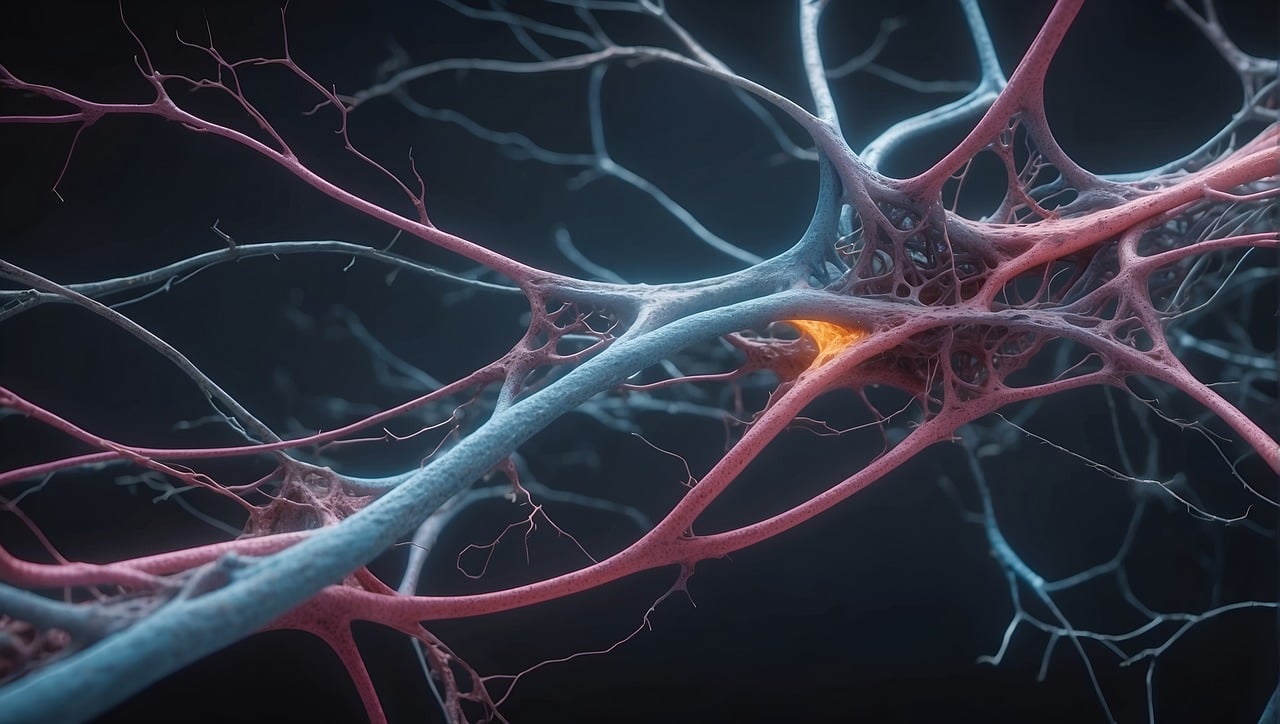The brain science behind why smart people believe dumb stuff.
The amygdala is our old brain, the brain's emotional center. It triggers fight or flight responses whenever it senses a threat based on belief. This can make us feel anxious or angry, leading to what's known as defensive processing.
The prefrontal cortex, on the other hand, is the rational thinker. It handles reasoning and decision-making. When the amygdala is overreactive, it can override rational thinking, causing us to reject facts and cling to beliefs no matter how absurd. This is known as defensive processing, or in other words, how our brains protect our misbeliefs.
What exactly is defensive processing? It's our brain's way of shielding us from the discomfort of challenging our beliefs. Here's how it works:
First, there's a trigger. You read something, whether it's a Facebook post or a news story, that contradicts your belief. The emotional response sets in as the amygdala perceives it as a threat and triggers an emotional response. The result is a defensive reaction to avoid discomfort. The prefrontal cortex rationalizes why the information must be wrong, even without critically evaluating it. This happens on a subconscious level.
This process can lead us to dismiss facts, ignore evidence, and even create elaborate justifications to maintain our current beliefs. It's not about the truth of the information, but about our brain protecting our emotional state. This can happen in our beliefs about relationships, our sense of self-worth, political beliefs, religious beliefs, and science beliefs. It gives importance to emotions like anger, jealousy, fear, or depression, and we act on whatever we believe. Unfortunately, our brains are wired for self-protection rather than factual analysis in many cases.
Here's another example of defensive processing. Imagine you've always believed that your views on a particular issue, let's say a political belief, are widely accepted by everyone. You've grown up in a community where everyone shares the same opinion, and your social media feed is filled with like-minded people. This is known as an echo chamber.
One day, you come across a news article or meet someone who challenges this belief. They present strong evidence that contradicts everything you thought you knew about the subject. What happens next? This is where defensive processing kicks in.
First, the trigger: you read the article that contradicts your long-held political belief. Then, the emotional response: your amygdala perceives this new information as a threat and triggers a feeling of anxiety.
This is followed by the defensive reaction. To avoid these uncomfortable emotions, our prefrontal cortex jumps in to rationalize why the information must be wrong, often without critically evaluating it. This process can lead you to dismiss the new evidence, ignore the facts, and create elaborate justifications to maintain your current belief. You might think the source is biased or that they don't fully understand the big picture.
The science tells us it's not about the truth of the information, but about protecting our emotional state. Why do otherwise smart people cling to fantasy? Why do we sometimes prefer to stick with our existing beliefs, even if they're based on false information? It's because fantasy often aligns with our desires and avoids the discomfort of challenging our beliefs. These can be social, cultural, religious, or even emotional comforts.
Second, our beliefs are tied to our identity, and changing them can make us feel like we're losing a part of ourselves. Third, we hate being outsiders, and believing in certain fantasies can strengthen our bonds with like-minded communities while alienating us from others. In fact, many communities exist simply because of the common bond of false belief. This is why cult members believe everyone else is in a cult and they're not. When everyone around you believes the same thing, it's easier to stick to those beliefs, even if they're not based on a shred of fact.
So next time you encounter information that challenges your beliefs, remember this example. Take a moment to pause, reflect, and critically evaluate new information. It's an essential step towards breaking out of the echo chamber and embracing a more informed perspective.
Thanks for watching. If you found this video on brain science helpful, don't forget to like, subscribe, and hit the button for more insights and fascinating ideas related to psychology and neuroscience. I'm Dr. Richard Donard. Let's keep thinking and learning together.
